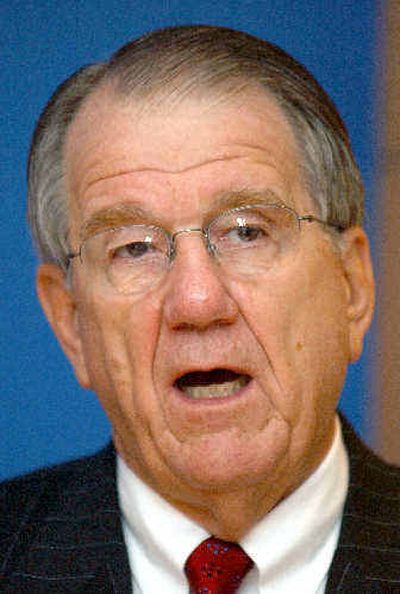Boeing scandal highlights new reality of work e-mails

SAN FRANCISCO — Ill-advised e-mail to a female employee that led to the ouster of Boeing CEO Harry Stonecipher should be a cautionary message for any worker with an e-mail account, privacy experts say.
Monitoring employee e-mail is becoming the norm in Corporate America, where inexpensive software protects companies from incoming spam and computer viruses — and from outgoing e-mail containing sensitive or offensive material.
Not that most employees know. Employers are obligated to notify them in only two states — Delaware and Connecticut. “People should get used to the idea their e-mail at work is just for work,” says Kevin Bankston, a lawyer at the non-profit Electronic Frontier Foundation.
Companies own and enforce business-issued e-mail accounts and the computer networks that deliver them. One-fourth fired employees for violating e-mail policies last year, up from 17 percent in 2001, according to a survey by the American Management Association and ePolicy Institute.
Companies are learning that failing to act can expose them to tough regulations protecting employees’ and customers’ medical and financial records or to costly workplace harassment lawsuits.
“What started as a concern about inbound spam has become an obsession over outbound comments and memos,” says analyst Rich Mogull of Gartner Research.
About 30 percent of 140 U.S. companies with more than 1,000 employees use software to screen employee e-mail, says a survey by Forrester Consulting. It is especially prevalent among financial firms and health care providers, who are required by federal law to protect privacy of individuals.
Employers also are concerned improper employee statements could violate federal and state regulations.
Last year, Goldman Sachs paid $2 million to settle federal regulators’ charges that its employees improperly offered securities via e-mail to institutional customers in 1999 and 2000.
The Enron investigation also illustrates how sensitive e-mail can end up in court or as part of a congressional probe. One out of five companies said they have had e-mail or instant-message records subpoenaed — more than double that in 2001, an American Management Association survey says.
The specter of damaging disclosures has prompted a stampede among start-ups to develop technology that can scour corporate e-mail, instant messages, non-work e-mail accounts and chat-room discussions. Some e-mail-monitoring software sifts for documents digitally flagged as sensitive. Other programs look for attachments, key words and content that might include sensitive documents or inappropriate material.